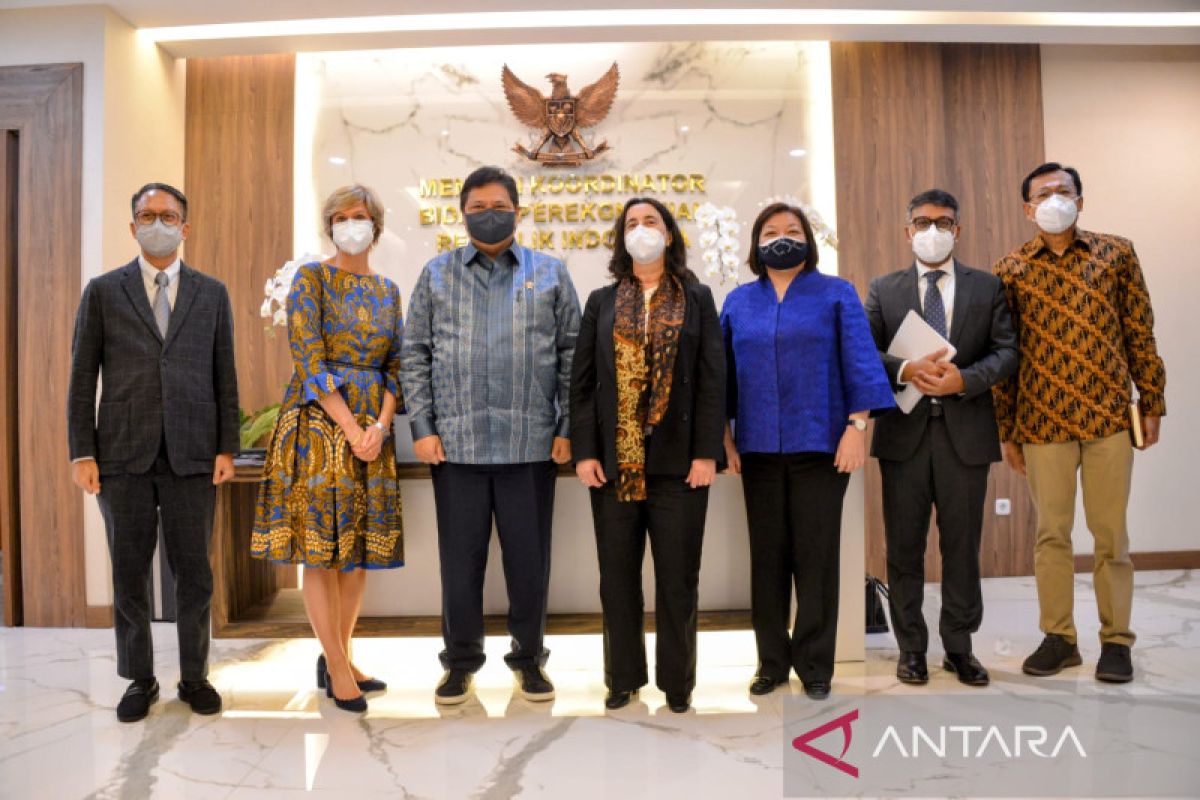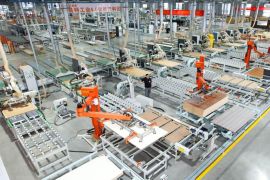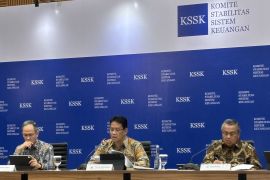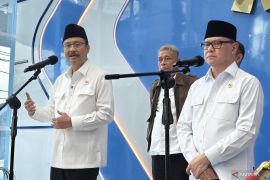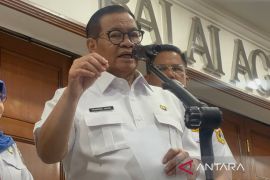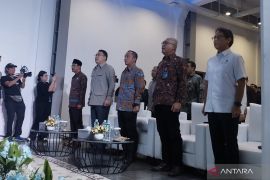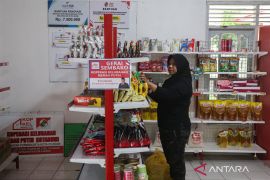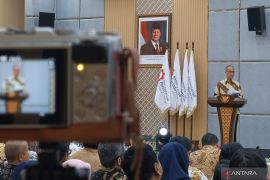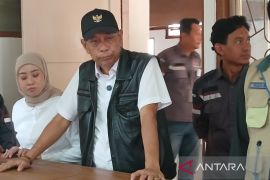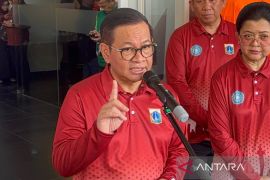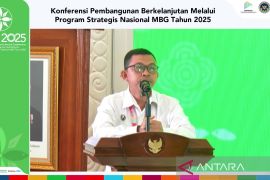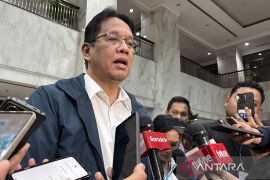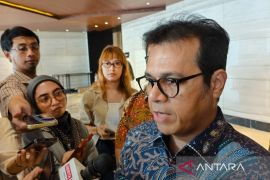Coordinating Minister for the Economy Airlangga Hartarto received an audience from Vice President of World Bank for East Asia and Pacific Manuela Manuela V. Ferro in Jakarta to discuss priority programs of the ministry during the COVID-19 pandemic and the World Bank's support for the ministry's program in national economic recovery.
In an official statement received here on Friday, the World Bank emphasized the need to increase coordination between policy makers in the health and finance sectors, multilateral financial institutions, and global health institutions.
The multilateral approach to financing extensive immunization for the greater good of the global public, based on domestic and international multi-sector collaboration, should also be strengthened.
Hence, more adequate, sustainable, and coordinated financing for pandemic prevention, preparedness, and response (PPR) is deemed necessary.
On the occasion, Minister Hartarto highlighted the latest developments in terms of Indonesia's economic growth and the development of government programs for driving national economic recovery, comprising the National Recovery Acceleration Program (PPN) and Sales Tax on Government-Borrowed Luxury Goods (PPnBM DTP) for several types of four-wheeled motor vehicles, People's Business Credit (KUR) program, Cash Assistance program for street vendors, Warung, and Fisherman program.
Thereafter, the meeting also discussed President Joko Widodo's direction regarding the target to eradicate extreme poverty to zero percent by 2024 and efforts to accelerate poverty eradication through increasing program effectiveness and the development of integrated data.
To achieve the target to reduce extreme poverty to up to zero percent, affirmative policies targeting the extreme poor and the poor and vulnerable groups are increasingly necessary, according to Hartarto.
The World Bank, which has a special unit to deal with extreme poverty in the world, vouched to assist the Indonesian government in realizing the president's directive.
He also noted that the government had striven to remove barriers and reduce the cost of goods flow in international and domestic trade, including through the National Logistics Ecosystem (NLE), a platform that connects supply and demand for logistics to increase collaboration and synergy between ministries and agencies.
Through such a platform, the government is optimistic of achieving improvements, simplification of business processes, structuring of logistics infrastructure, and harmonization of national logistics policies. The World Bank will collaborate with the ministry and other relevant ministries or institutions to develop studies and policies to accelerate logistics processes in Indonesia. To expedite the process, Hartarto pressed for active participation from all logistics entities.
Furthermore, Hartarto discussed energy transition through carbon trading as well as a fair and affordable Energy Transition Mechanism (ETM) without burdening the public, industry, and state finances. The Indonesian government has collaborated with the Asian Development Bank (ADB) by launching an ETM from coal to renewable energy.
Meanwhile, Hartarto noted that the G20 Joint Finance Health Task Force was led by Indonesia and Italy and assisted by the Secretariat at the WHO and supported by the World Bank. Hence, Hartarto noted that the World Bank was expected to formulate a policy to develop a sustainable financing mechanism for global health.
Translator: Katriana
Editor: Rahmad Nasution
Copyright © ANTARA 2022
